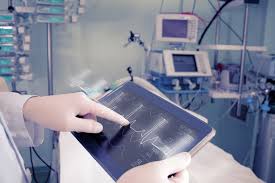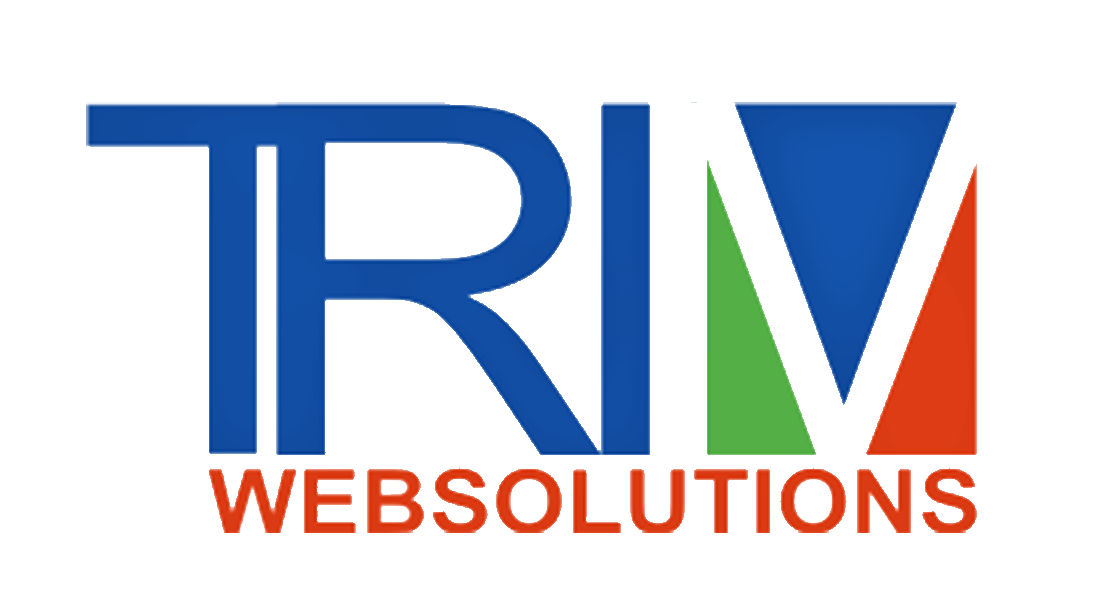The latest medical technology

The Latest Medical Technology: Transforming Healthcare in the Modern Era
Medical technology is evolving at an unprecedented pace, revolutionizing healthcare by improving diagnostics, treatment, and patient care. Advances in artificial intelligence, robotics, telemedicine, and biotechnology are enabling more precise, efficient, and accessible medical solutions. These innovations are reshaping the healthcare industry, leading to better outcomes and enhanced quality of life for patients worldwide.
Artificial Intelligence in Healthcare
Artificial intelligence (AI) is one of the most transformative technologies in modern medicine. AI-powered algorithms analyze vast amounts of medical data, assisting in early disease detection, personalized treatment plans, and predictive analytics.
-
AI in Diagnostics AI-driven tools can detect diseases such as cancer, heart disease, and neurological disorders with remarkable accuracy. Machine learning models analyze medical images like X-rays, MRIs, and CT scans, providing faster and more precise diagnoses than traditional methods.
-
AI in Drug Discovery AI is accelerating drug development by identifying potential drug candidates, predicting their effectiveness, and reducing research time. Companies like DeepMind and IBM Watson are leveraging AI to analyze complex biological data and streamline pharmaceutical innovation.
-
AI-Powered Virtual Assistants AI chatbots and virtual assistants help healthcare providers manage administrative tasks, answer patient queries, and offer preliminary medical guidance. These tools enhance efficiency and free up medical professionals for critical patient care.
Robotic Surgery and Automation
Robotics is significantly advancing surgical procedures, increasing precision, minimizing risks, and improving recovery times.
-
Robotic-Assisted Surgery Systems like the Da Vinci Surgical System allow surgeons to perform minimally invasive procedures with enhanced dexterity and accuracy. These robotic systems translate a surgeon’s hand movements into precise micro-movements, reducing human error.
-
Automated Drug Dispensing and Delivery Robotics is also improving pharmaceutical management through automated drug dispensing systems and robotic couriers delivering medications within hospitals, reducing the risk of human error and enhancing efficiency.
-
Exoskeletons for Rehabilitation Robotic exoskeletons assist patients with mobility impairments by providing support and enabling movement. These devices are particularly beneficial for individuals recovering from strokes, spinal cord injuries, or neuromuscular disorders.
Telemedicine and Remote Patient Monitoring
Telemedicine has seen exponential growth, particularly in response to the COVID-19 pandemic. It enhances healthcare accessibility and allows patients to consult with doctors remotely.
-
Virtual Consultations Telemedicine platforms enable patients to receive medical advice and prescriptions without visiting a hospital. This technology is especially useful for managing chronic conditions, mental health consultations, and follow-up appointments.
-
Remote Patient Monitoring (RPM) Wearable devices and IoT-enabled sensors track vital signs such as heart rate, blood pressure, and glucose levels, allowing doctors to monitor patients in real time. RPM is particularly beneficial for elderly patients and those with chronic diseases like diabetes and hypertension.
-
AI-Enhanced Telehealth Platforms AI-driven platforms analyze patient symptoms, suggest possible conditions, and facilitate remote diagnostics, making healthcare more efficient and accessible.
Wearable Health Technology
Wearable medical devices are transforming personal health monitoring, empowering individuals to take charge of their well-being.
-
Smartwatches and Fitness Trackers Devices like Apple Watch and Fitbit track heart rate, oxygen levels, and activity patterns, helping users maintain a healthy lifestyle and detect irregularities.
-
Biosensors and Smart Patches Advanced biosensors can measure glucose levels, detect dehydration, and monitor stress levels in real time, aiding in early disease prevention.
-
Smart Contact Lenses Researchers are developing smart lenses capable of monitoring blood sugar levels and detecting early signs of diseases such as glaucoma and diabetic retinopathy.
Biotechnology and Personalized Medicine
Biotechnology is revolutionizing treatments by focusing on personalized and regenerative medicine.
-
Gene Editing with CRISPR CRISPR-Cas9 technology allows precise modifications of DNA, offering potential cures for genetic disorders such as sickle cell anemia and cystic fibrosis.
-
Regenerative Medicine and Stem Cell Therapy Stem cell research is leading to breakthroughs in repairing damaged tissues and treating degenerative diseases like Parkinson’s and Alzheimer’s.
-
3D Bioprinting 3D printing is being used to create prosthetics, implants, and even human tissue. Scientists are developing bio-printed organs that could one day replace damaged organs, reducing dependency on transplants.
Blockchain in Healthcare
Blockchain technology is enhancing security and transparency in medical data management.
-
Secure Medical Records Blockchain provides a decentralized and tamper-proof system for storing patient records, ensuring data privacy and reducing fraud.
-
Streamlining Clinical Trials It enables secure sharing of clinical trial data, improving research transparency and accelerating medical discoveries.
Future Prospects of Medical Technology
The future of medical technology is promising, with continued advancements in AI, robotics, and biotechnology paving the way for a more efficient and patient-centric healthcare system. However, challenges such as data security, ethical concerns, and regulatory hurdles must be addressed to ensure responsible and equitable implementation.
As medical technology continues to evolve, its potential to enhance patient care, reduce healthcare costs, and save lives remains boundless. By embracing these innovations, the global healthcare industry is moving toward a future where medicine is more precise, accessible, and effective than ever before.
10 0 7
Write a Comments
* Be the first to Make Comment















